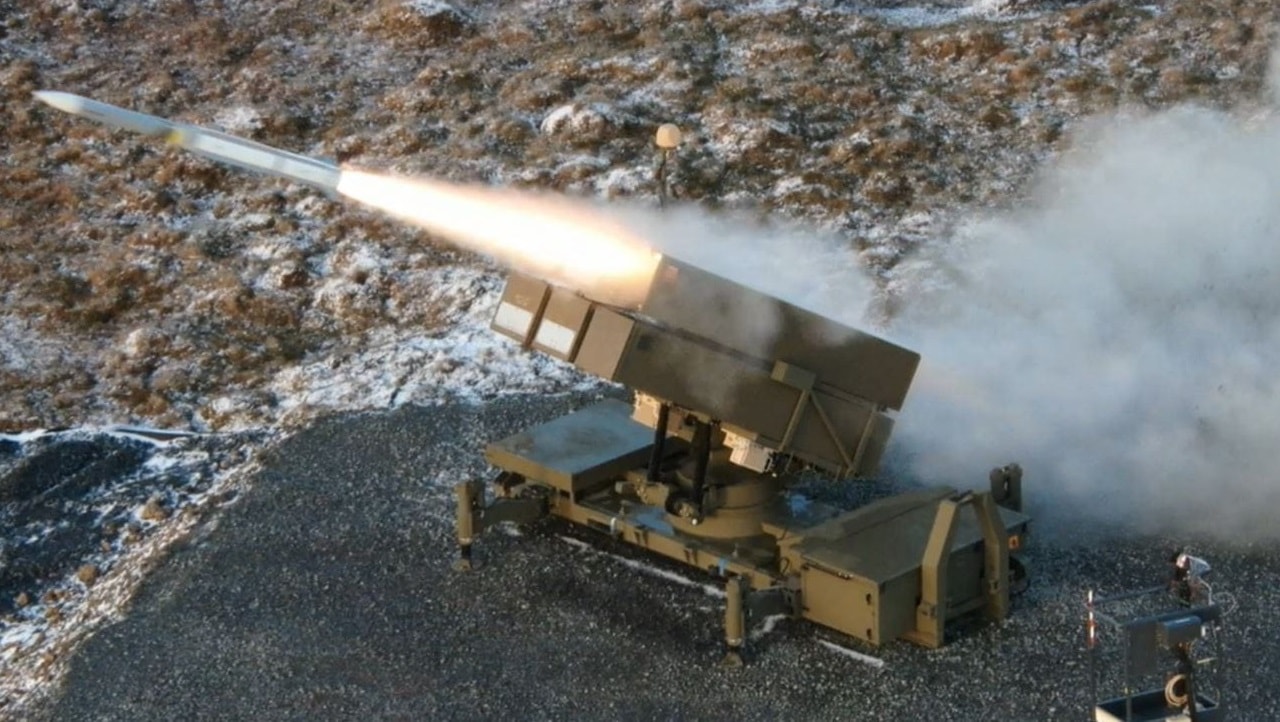The Russian spring offensive in Ukraine already appears to be running out of steam. No less than the President of Ukraine himself recently visited the frontlines’ most contested sector – the city of Bakhmut. Volodymyr Zelensky is known for his courage – he stayed in Kiev last February as the Russians marched on it. But visiting Bakhmut, against which the Russians have thrown the weight of their forces this spring, would be remarkably risky if the chances of Russian breakthrough were genuine.
Zelensky also felt secure enough this month to receive the Japanese prime minister in Kiev, at the same time Chinese President Xi Jinping visited Russian President Putin in Moscow. And certainly the frontlines have not moved much. Russia was supposed to come off the winter refreshed and restocked, capable once again of major offensive action. This has not been the case. There have been no armored punches threatening a breakthrough, no wide-front advances threatening to overstretch Ukrainian reserves.
Instead, Russia is doing again what it has done since last summer – targeting a few small cities in the east with massive, human-wave infantry assaults, while randomly terror-shelling Ukrainian cities. The former has resulted in high casualties and small advances, while the latter continues to alienate world opinion for pointlessly killing noncombatants. This is not a winning strategy, and if this is the best Putin has after just a year of war, it is unclear how expects to win if the war drags on as it appears it will.
What Happened to Last Fall’s Russian Mobilization?
Last autumn, as a Ukrainian offensive re-took occupied territory, Putin faced a choice. He could either retrench to more defensible positions and negotiate, or escalate in a renewed bid to win. He chose the latter. Nuclear escalation was out of the question, which meant a mobilization of the population for another try at a conventional victory. Much was made of the scale of the mobilization – potentially hundreds of thousands of new soldiers. A force of that size – properly trained, kitted, and led – would likely win the war.
Six months later, it is remarkable how little that call-up has returned for Russia. The frontlines have not changed much since Ukraine’s last major victory, at Kherson late last year. As many have noted, the Russian army is still making the same mistakes it made last year. Russia continues to waster manpower in grinding infantry attacks against entrenched positions. The big offensive portended by last year’s big mobilization never showed up.
This raises serious sustainability questions for the Russians. The war is barely a year old, and Russia had six months to prepare for this spring’s push. Yet Putin has very little to show for it. Were the recruits simply wasted – thrown at entrenched Ukrainian positions with little training or weaponry? Does Russia really have that much manpower to waste? Will Putin have to mobilize again? Will that ignite resistance as future mobilizations will have to cut more deeply into society?
Russian strategy in the war has always seemed to rely on a gimmicky game-changer to turn things around – the threat of nuclear weapons would force Ukraine and NATO to negotiate, Western support for Ukraine would collapse because of high oil prices and cold weather, China would come to the rescue, and so on. Indeed, Western analysts have suspected something like this too. We have found it hard to believe what we see before our eyes – that Ukraine is beating the Russians and the Russians have no serious plan to win the war besides doing more of the same.
Will China Bailout Putin? Probably Not
As the war has turned into a grind which Russia cannot win – so long as the West supports Ukraine – Putin has increasingly looked to China. Chinese support would indeed be that game-changer if Putin can pull it out of Xi. China’s economy is large and productive. But Chinese intervention has always been more hope than strategy, and this month’s Xi-Putin meeting indicates that yet again.
For all the two presidents’ big talk about their enduring partnership, Xi gave Putin remarkably little. He blamed NATO for the war, but he also warned explicitly against nuclear weapons use. Xi also did not promise weapons shipments, which Putin clearly needs. Xi will buy Russian oil, and that will help prevent a Russian economic collapse. Xi clearly does not want a massive Russian defeat followed by a regime implosion.
But Putin needs to win the war, not just stave off collapse. The longer the war drags on, the more Russia falls further behind the West and China, the more Russia becomes a humiliating junior partner to China. Yet the Chinese assistance to prosecute a victory is not forthcoming. Putin needs to prove he can win on his own, and yet his military is fighting as poorly this year as last year.
Putin is Stuck in Ukraine
Putin is in a tight spot. Chinese help would activate a massive Western backlash against China, so Xi will not provide it. The Russian military, astonishingly, seems unable to adapt to its enemy and has wasted tens of thousands of new fighters for no major gains this year. As long as Ukraine does not lose, it is winning. Russia is the aggressor; if it does not win, it will tire and pressure will grow to retrench.
We all keep waiting for some kind of major Russian coup which will turn this around. We are all wary of saying that great power Russia is losing, especially to a middle power like Ukraine. Yet that is what is happening and it is increasingly clear that Putin does not know what to do about it.
Dr. Robert E. Kelly (@Robert_E_Kelly; RobertEdwinKelly.com) is a professor in the Department of Political Science at Pusan National University and 19FortyFive Contributing Editor.

